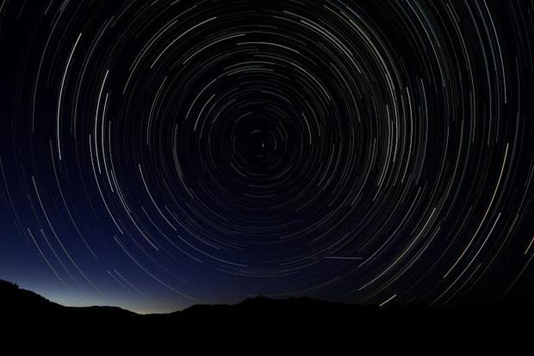TOKYO, Jan 18, 2019 (BSS/AFP) – A rocket carrying a satellite on a mission
to deliver the world’s first artificial meteor shower blasted into space on
Friday, Japanese scientists said.
A start-up based in Tokyo developed the micro-satellite for the celestial
show over Hiroshima early next year as the initial experiment for what it
calls a “shooting stars on demand” service.
The satellite is to release tiny balls that glow brightly as they hurtle
through the atmosphere, simulating a meteor shower.
It hitched a ride on the small-size Epsilon-4 rocket that was launched from
the Uchinoura space centre by the Japan Aerospace Exploration Agency (JAXA)
on Friday morning.
The rocket is carrying a total of seven ultra-small satellites that will
demonstrate various “innovative” technologies, JAXA spokesman Nobuyoshi
Fujimoto told AFP.
By around noon on Friday, the first of the seven satellites had been
successfully sent into orbit, he added, with JAXA officials waiting for
signals to confirm the fate of the other six.
The company behind the artificial meteor shower plan, ALE Co. Ltd, plans to
deliver its first out-of-this-world show over Hiroshima in the spring of
2020.
The satellite launched Friday carries 400 tiny balls whose chemical formula
is a closely-guarded secret.
That should be enough for 20-30 events, as one shower will involve up to 20
stars, according to the company.
ALE’s satellite, released 500 kilometres (310 miles) above the Earth, will
gradually descend to 400 kilometres over the coming year as it orbits the
Earth.
– Worldwide meteor shower shows –
The company plans to launch a second satellite on a private-sector rocket
in mid-2019.
ALE says it is targeting “the whole world” with its products and plans to
build a stockpile of shooting stars in space that can be delivered across the
world.
When its two satellites are in orbit, they can be used separately or in
tandem, and will be programmed to eject the balls at the right location,
speed and direction to put on a show for viewers on the ground.
Tinkering with the ingredients in the balls should mean that it is possible
to change the colours they glow, offering the possibility of a multi-coloured
flotilla of shooting stars.
Each star is expected to shine for several seconds before being completely
burned up — well before they fall low enough to pose any danger to anything
on Earth.
They would glow brightly enough to be seen even over the light-polluted
metropolis of Tokyo, ALE says.
If all goes well, and the skies are clear, the 2020 event could be visible
to millions of people, it says.
ALE chief executive Lena Okajima has said her company chose Hiroshima for
its first display because of its good weather, landscape and cultural assets.
The western Japan city rose from the ashes after the 1945 US atomic bombing
and faces the Seto Inland sea where the floating gate of Itsukushima Shrine
is.
ALE is working in collaboration with scientists and engineers at Japanese
universities as well as local government officials and corporate sponsors.
It has not disclosed the price for an artificial meteor shower.



